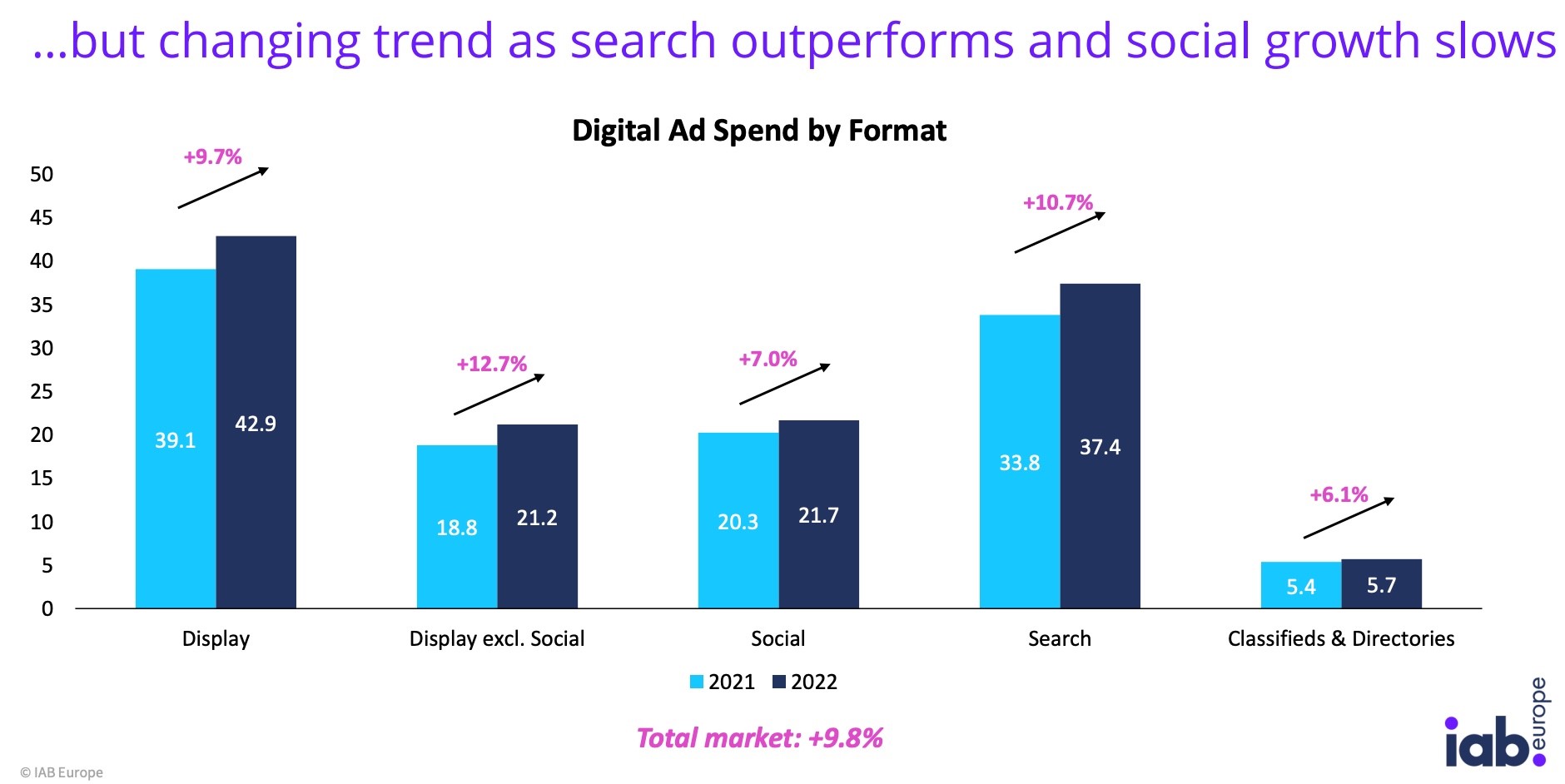August Round-up: Better Meta Targeting, Google Glitch & UX Best Practice
The latest version of our newsletter should have settled in your email inbox, detailing the need-to-know information and must-read thought leadership...
Read moreHow prepared are you for planning & budgeting season? Dave Chaffey shares some of the questions you should ask yourself when planning marketing investment.
As many marketing leaders in larger businesses enter what is often called 'the planning and budgeting season', it’s timely to think about how you approach this vital task - particularly for forecasting spend and targets for digital media. I’ll be diving into the detail of best practices for forecasting and budgeting with Rory Tarplee of ClickThrough Marketing in our upcoming webinar. In this article, I’ll cover why it’s so important to get this activity right, along with some of the key questions those responsible for creating and reviewing budgets for digital media need to consider.
As the importance of digital media in shaping consumer buying decisions has increased, so have ad budgets for digital media. Many businesses are now spending at least 50% of their ad budget on digital media as revealed by the IAB 2023 reports on ad expenditure in the last full year. These reports also shows that, whether its the US, UK or Europe, digital ad spend is still growing, so it’s getting more competitive. Taking the example of Europe (which includes the UK in this case), the below visual shows there was an increase of around 10% across all the formats for the most recent full-year reported on (with similar increases reported in the US) .

Let’s now take a look at some of the questions that can help you review your approach to forecasting which we will look at more detail in the webinar.
Given the importance of digital media in generating leads and sales, it’s likely you are forecasting at some point when you are aiming to work out what leads and sales you will get from your media or ad budget for the year ahead.
In the webinar we’ll look at why 'Zero-based Budgeting' is now a popular approach and how often you should review and revise your forecasts and how you should break them down. Which brings us to…
All forecasts are exactly that, they’re estimates of future results based on assumptions. Putting it another way George Box famously said: All models are wrong, but some are useful. So, it’s your job as a forecaster to state your assumptions and make the model as useful and accurate as possible. Some issues that we’ll look at in webinar which will affect accuracy are:
A year is a long-time in marketing, so it’s inevitable and good practice to change your approach to targeting and creative as you see what works and what does and as competitors change their tactics. If you have a more agile forecasting approach you can take advantage of opportunities that arise, for example from new techniques introduced by media platforms.
One simple technique we’ll look at in the webinar is applying the 70:20:10 rule in digital marketing
Digital media has been called ‘the most measurable ever’ and we can certainly track in detail how people engage with creative and what outcomes this lead to. However, this will get more difficult in the ‘cookieless world’.
What will remain useful is benchmarking since digital media platform like Google and Meta offer KPIs to help you assess your reach and engagement relative to competitors. We will also review these measures in the webinar.
Join us at 11:00am on 25th October to hear more.
More articles you might be interested in:

The latest version of our newsletter should have settled in your email inbox, detailing the need-to-know information and must-read thought leadership...
Read more
As the cost of living continues to present challenges for many Brits, an increasing number of families are choosing to holiday within the United...
Read more
Our first curated newsletter has hit inboxes, detailing all of the latest need-to-know information and sharing all the necessary thought leadership...
Read more
Over the past few years, marketing leaders have been gearing up for the inevitable 'Cookieless Future'. Safari was the first to bid farewell to...
Read more.png)
It only seems like yesterday that it was the winter of 2022 and we were balancing Black Friday and the Qatar World Cup. Fast forward to now and we're...
Read more
There are many factors to consider when choosing an automotive dealership, with 53% of customers saying that price determines which dealership they...
Read more
Which UK-based private healthcare providers are running away with their digital presence and who needs a helping hand to take the next step? How is...
Read more
Mark Zuckerberg's Meta have launched their competitor to Twitter in the form of trending new platform 'Threads', which is linked to Instagram.
Read more